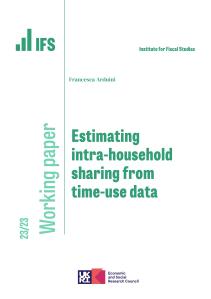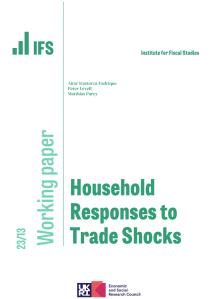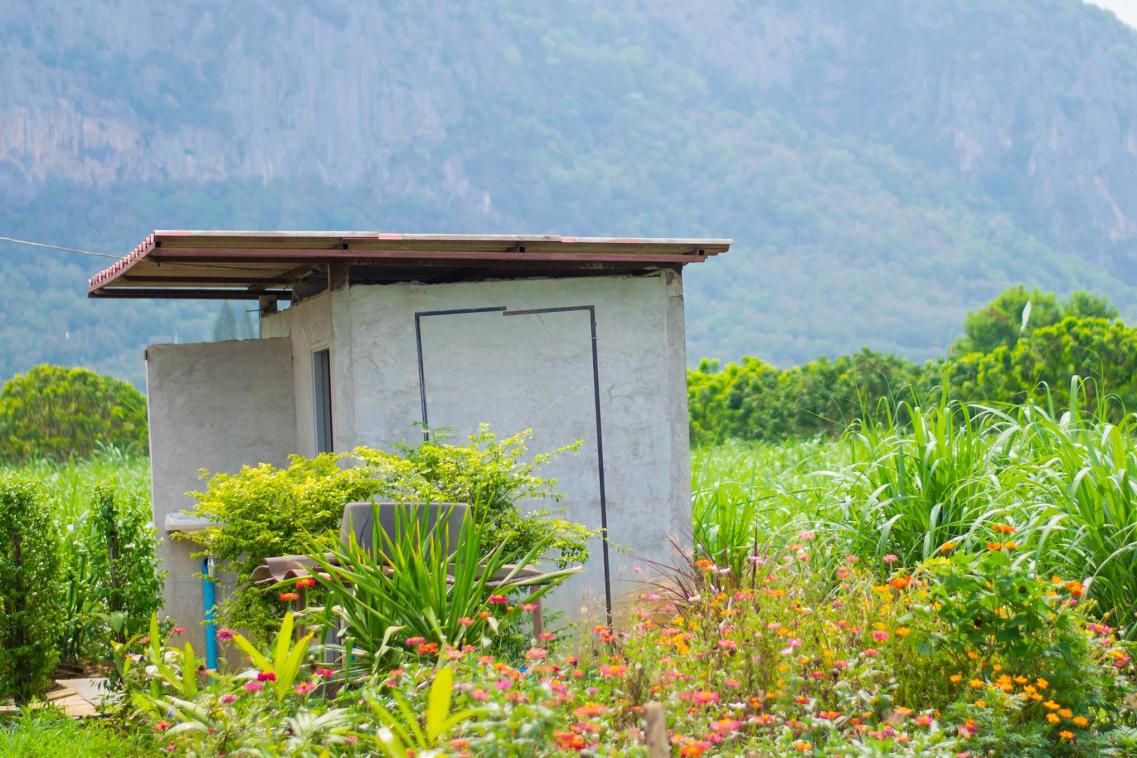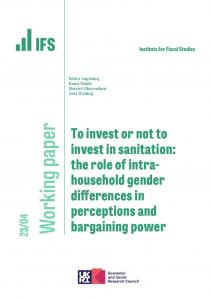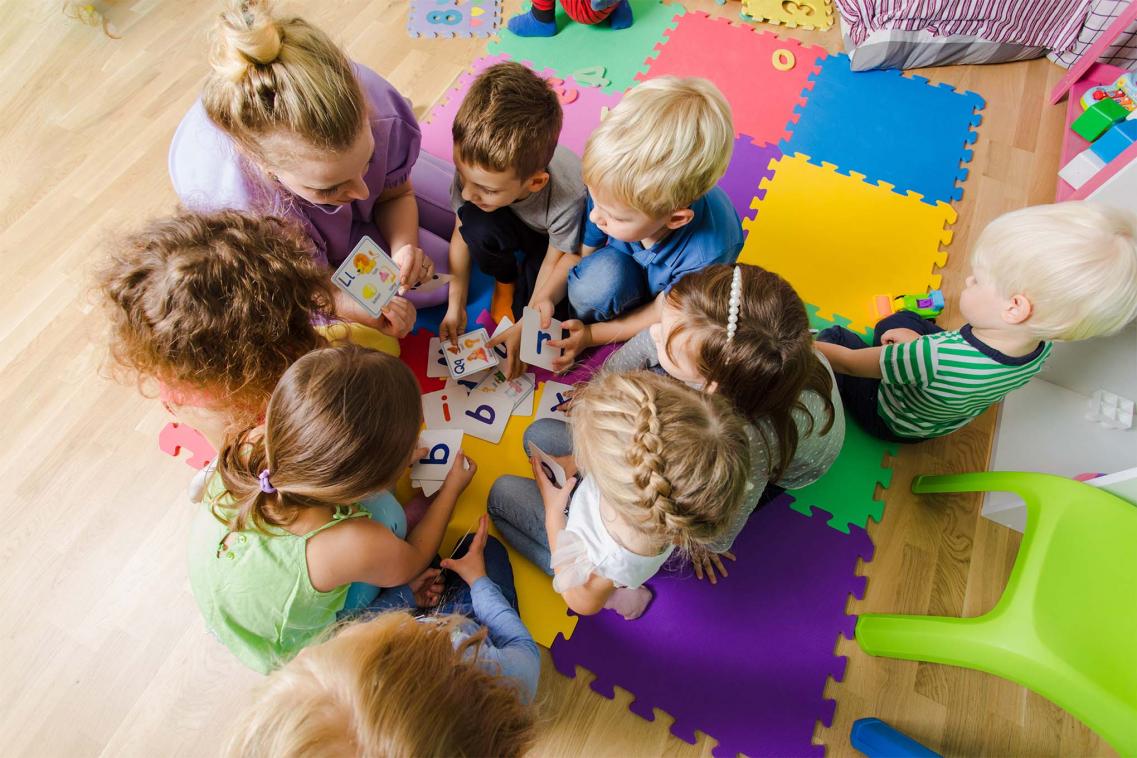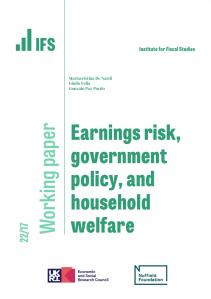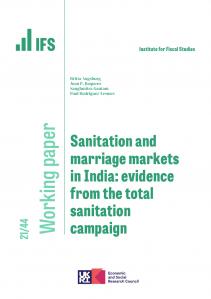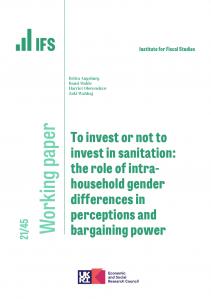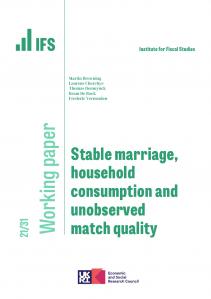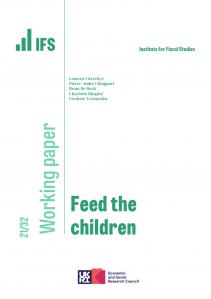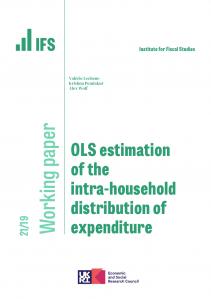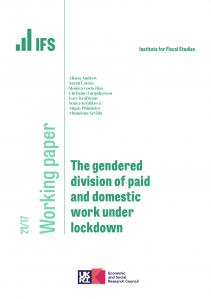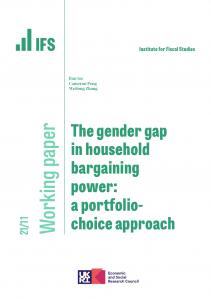Journal article
This research project received financial support from the Amsterdam Institute for International
Development (AIID), the Economic and Social Research Council via the Network for Integrated
Behavioural Sciences (award no. ES/K002201/1), the Netherlands Organisation for Scientific Research
NWO (grant no. 451-10-002), the African Study Centre Leiden, the Tinbergen Institute, and the University
of East Anglia. We are grateful to the AIID and PharmAccess Foundation for sharing their survey data and
supporting the research. We very much appreciate the comments from Simon Gächter, John Gathergood,
and Markus Goldstein. We are very thankful for the excellent assistance in the field by Tanimola Akande,
Ameen Hafsat, Marijn van der List, and the interviewer team.
